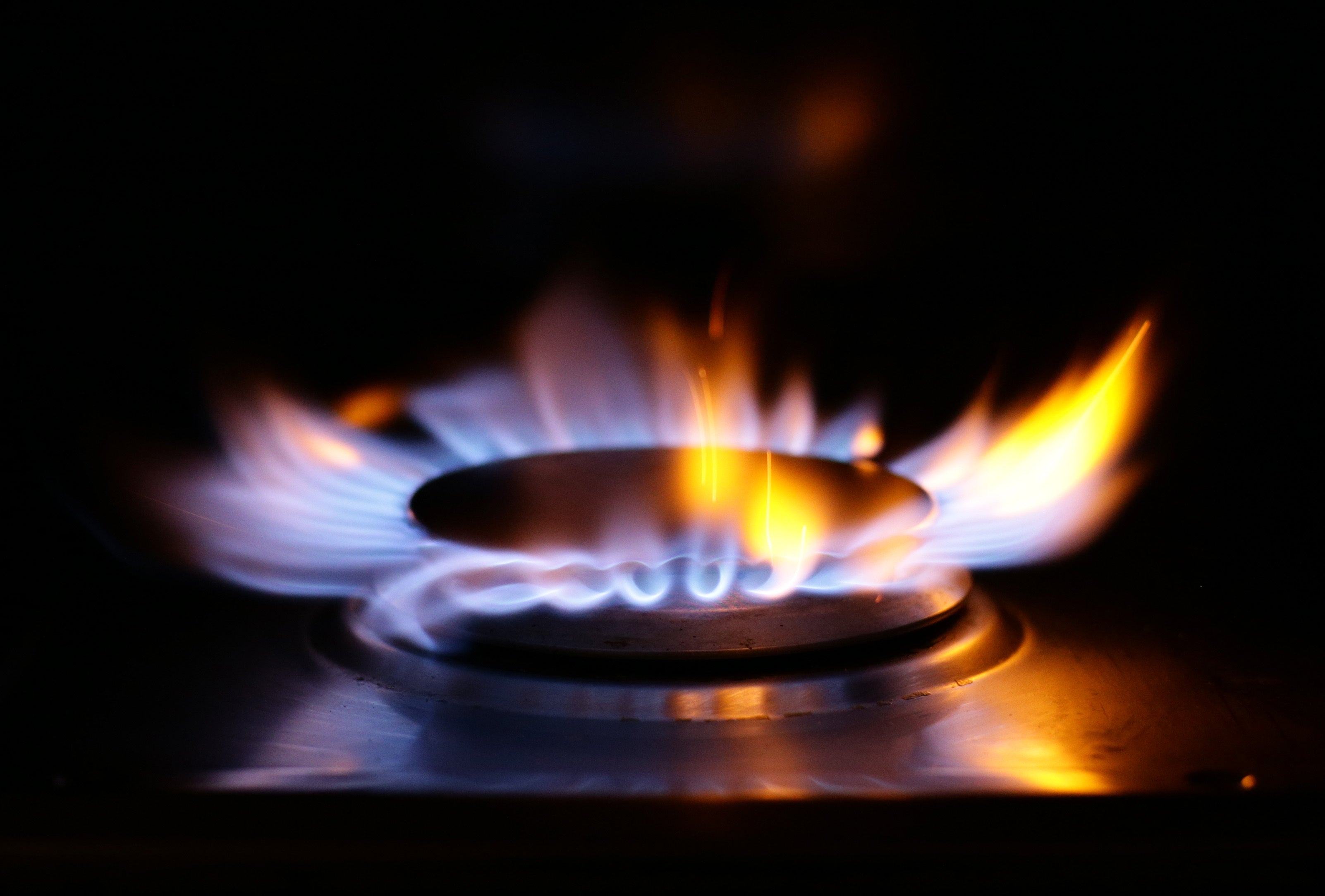Johnson dismisses calls to scrap VAT from household energy bills
The PM said removing VAT is not the most effective way to help those under the greatest pressure from soaring energy prices.

Your support helps us to tell the story
From reproductive rights to climate change to Big Tech, The Independent is on the ground when the story is developing. Whether it's investigating the financials of Elon Musk's pro-Trump PAC or producing our latest documentary, 'The A Word', which shines a light on the American women fighting for reproductive rights, we know how important it is to parse out the facts from the messaging.
At such a critical moment in US history, we need reporters on the ground. Your donation allows us to keep sending journalists to speak to both sides of the story.
The Independent is trusted by Americans across the entire political spectrum. And unlike many other quality news outlets, we choose not to lock Americans out of our reporting and analysis with paywalls. We believe quality journalism should be available to everyone, paid for by those who can afford it.
Your support makes all the difference.Boris Johnson has poured cold water on calls for VAT to be removed from domestic fuel bills, describing it as a “blunt instrument”.
The Prime Minister said ministers have not ruled out further assistance for households facing big increases in energy charges when the price cap is reviewed in April.
But he suggested that scrapping VAT was not the most effective way to help those under the greatest pressure.
Labour accused the Prime Minister of breaking the Vote Leave campaign promise made during the 2016 Brexit referendum to cut VAT from domestic fuel bills.
It’s slightly paradoxical that this is now being campaigned for by people who actually wanted to remain in the EU
At a Downing Street news conference on Tuesday the Prime Minister acknowledged that leaving the EU meant Britain now enjoyed the freedom to set its own VAT rates.
“It’s slightly paradoxical that this is now being campaigned for by people who actually wanted to remain in the EU and still do when it would be impossible to deliver within the EU,” he said.
“I’m not ruling out further measures.
“The argument is that it’s a bit of a blunt instrument.
“And the difficulty is that you end up also cutting fuel bills for a lot of people who perhaps don’t need the support in quite the direct way that we need to give it.”
Earlier the Prime Minister’s official spokesperson said ministers would consider any proposals, but warned that the reasons for the rise in energy prices was global.
Number 10 also defended the use of green levies on bills to fund renewable energy.
The exposure to volatile global gas prices underscores the importance of our plan to build a strong, homegrown renewable energy sector
“The exposure to volatile global gas prices underscores the importance of our plan to build a strong, homegrown renewable energy sector to further reduce our reliance on fossil fuels,” the spokesman said.
“It’s right that we invest in this and ultimately bring down the cost of renewable energy sources while supporting lower-income and vulnerable households with their energy bills.”
According to some predictions, energy bills could be hiked by more than 50% in April for millions of households that are on a standard tariff.
In April the price cap, which limits the amounts that suppliers can charge, will rise.
It is currently at an already record-beating £1,277.
But analysts at Investec think this could go up to £1,995 in April.
The rises are due to a major spike in global gas prices, which have been pushed up by high demand around the world.
Trade body Energy UK’s chief executive said last month that the Government could cut each household bill by £90 by slashing taxes or VAT.
Meanwhile bills could be cut by a further £190 by bringing forward proposals on removing policy costs, Emma Pinchbeck said.
In 2016, Mr Johnson, Michael Gove and former Labour MP Gisela Stuart now Baroness Stuart of Edgbaston, said: “In 1993, VAT on household energy bills was imposed.
“This makes gas and electricity much more expensive.
“EU rules mean we cannot take VAT off those bills.
“The least wealthy are hit particularly hard.
“The poorest households spend three times more of their income on household energy bills than the richest households spend.
“As long as we are in the EU, we are not allowed to cut this tax.
“When we Vote Leave, we will be able to scrap this unfair and damaging tax.
“It isn’t right that unelected bureaucrats in Brussels impose taxes on the poorest and elected British politicians can do nothing.”
Labour would scrap VAT from home energy bills this winter to help households facing growing costs
According to HMRC figures, cutting VAT on fuel bills would have cost the Government around £1.7 billion last year.
Shadow chancellor Rachel Reeves said: “Boris Johnson promised not once but three times to cut VAT on household energy bills during and after the Brexit referendum campaign.
“Yet now he’s happy to go back on his word, and is trying to muddy the waters on a change that would help ease the burden on households facing soaring energy bills.
“It’s one broken promise after another from a Prime Minister distracted by his own scandal and incompetence.
“Labour would scrap VAT from home energy bills this winter to help households facing growing costs.”